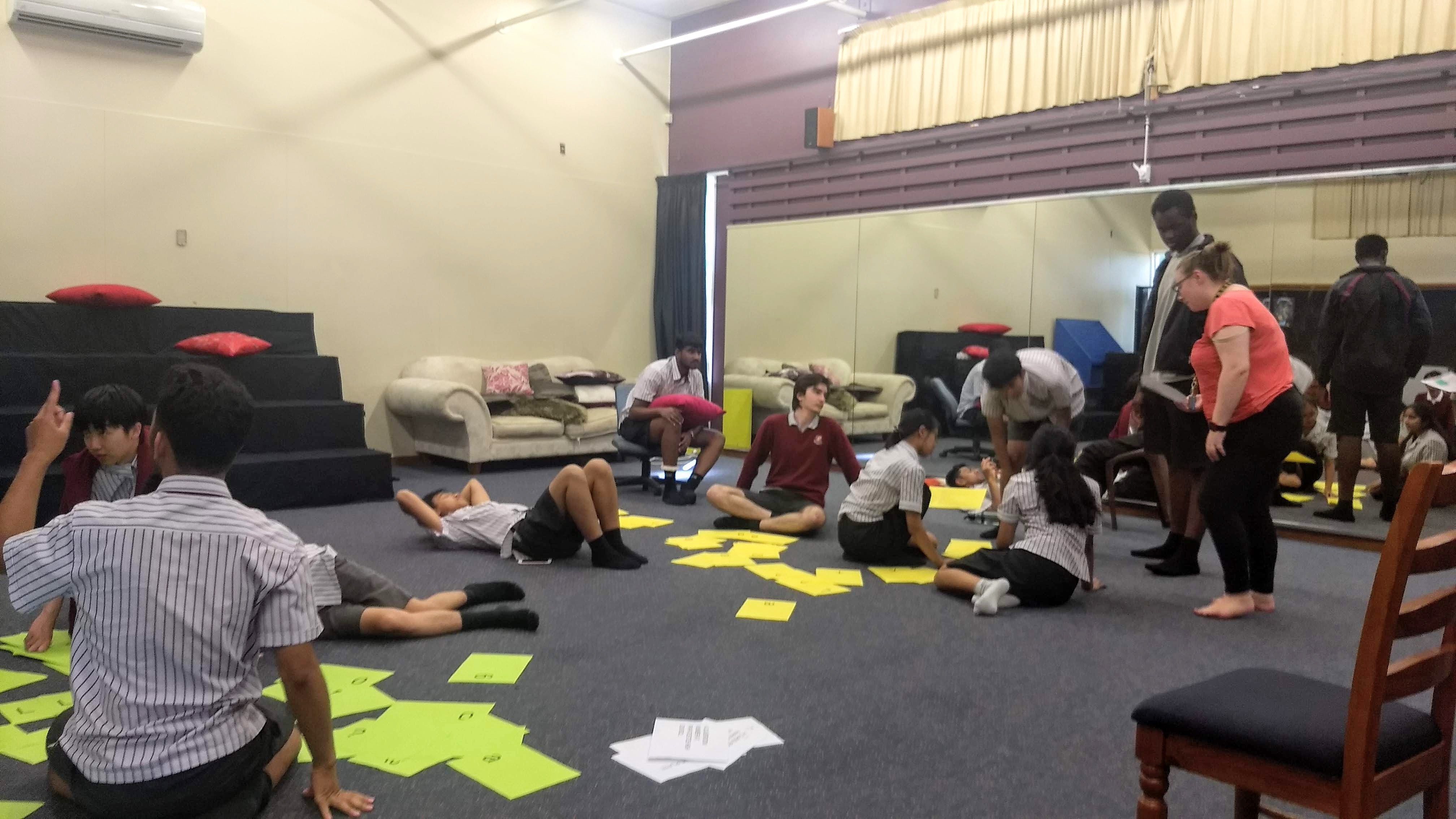MTEL

MTEL - 8008
Practice-Based Research Plan
Learning Objectives
- Analyse and address contemporary challenges in education through the development of methodologically and ethically sound teaching inquiry relevant to curriculum area
- Contextualise, critically reflect on the relevance, benefits and impact of teaching inquiry regarding equity through education, especially in regard to the value of collaboration and leadership
- Analyse and evaluate ethical issues relevant to teaching inquiry including strategies to mitigate and manage risks to learners and communities
14.0 Plan
Create a project proposal and research plan to engage in systematic critical inquiry into an area of practice using evidence from a range of sources. In this research proposal you need to develop and refine a plan to effectively execute, complete and share a methodologically and ethically sound teaching inquiry research project that is relevant to curriculum area. You will identify the scope and context of the selected topic and identify the boundaries of your topic investigation. You will critically reflect on the relevance, benefits and impact of teaching inquiry regarding equity through education, especially in regard to the value of collaboration and leadership in your context. You need to demonstrate an understanding of ethical issues, relevant teaching inquiry, combined with a clearly articulated plan to address, mitigate and manage these. A range of academic resources must be used and adequately cited and referenced. Critical appraisal should be evident in your review. It should include an overview that uses a range of sources. It should describe and summarise the findings of previous research, make connections and compare and contrast research findings, evaluate and analyse the research findings and organise information into coherent themes.
14.0 Summative Assessment
Marker's Notes: Kia ora Jess, this is a wonderful proposal - timely, well thought out and powerful. It is excellent that you have the support of your school and the SLT, and this demonstrates their confidence in you to lead this change.
You have identified the challenge clearly, although when it comes to your report, and your dissemination of findings there could be more emphasis on this digital divide and one of the contributing factors is related to the efficacy of the teachers in charge of the lessons and the access to quality learning experiences, as this is important in providing a catalyst for change. You have a great platform to build this on with the e-pedagogy group, make sure that they are involved in the project at all stages.
There seems to be some crossover in teacher agency, and effectiveness of integrating computational thinking and digital technology skills, the proposal needs to be clear on what the outcome will be. If it is teacher agency you need to clearly define what this will look like in your school context. Efficacy is easier to measure and quantify than agency.
With regards to rogers innovation cycle what strategies will you use to engage anyone beyond the early adopters, and a wider range of staff beyond who opts into the programme?
There is a slight concern with the way that some staff participants may see the need to survey their students on the effectiveness of their integration of computational thinking in their lessons - this needs to be approached sensitively. You could mitigate risk involved in asking for student feedback on teacher lessons by discussing with teacher participants early, providing opportunity to opt out of this step, and perhaps co-construct the questions with the early adopter group of teachers.
A small side note, in the plan it mentions that the resources developed will be the property of the teacher, unless your school has an alternative agreement generally all schools operate in a model where all resources created by staff teaching at the school are the property of the BOT and need approval to be shared anywhere beyond the school - perhaps worth checking.
You have a good understanding of your own leadership in this context, perhaps think about looking at a more distributed model, what opportunities are there for co-construction, and sharing of responsibility, especially with peers and staff - could this be built into the programme, and perhaps the hui experience?
Major Points:
- Establish if this is looking into teacher agency or teacher efficacy, when this is clear make sure this is communicated well
- Mitigate risk involved in asking for student feedback on teacher lessons by discussing with teacher participants early, providing opportunity to opt out of this step, and perhaps co-construct the questions with the early adopter group of teachers
- Start thinking about the wider staff group, could you involve them with early momentum?